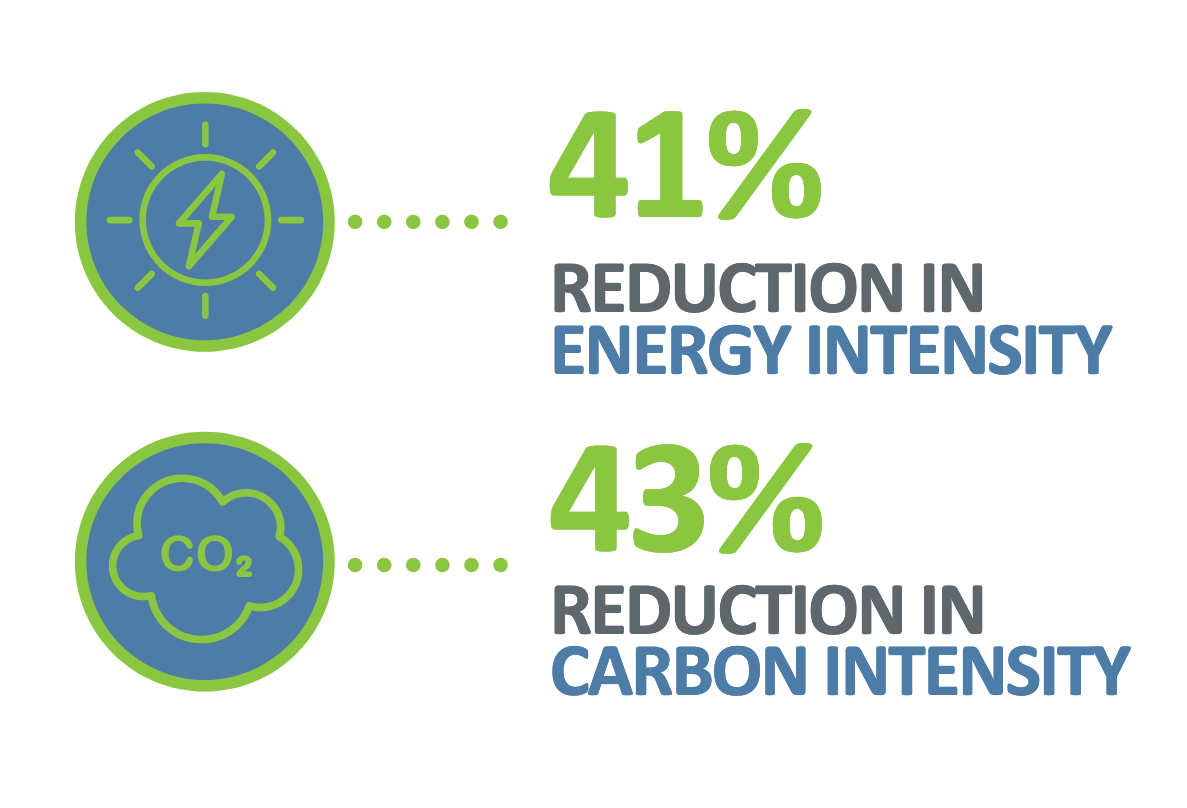Advancing Industry Sustainability Through Research
The North American aluminum industry, through the work of the Aluminum Association, was an early pioneer in developing comprehensive, peer-reviewed research on the environmental impact of material production and use.
The aluminum industry supports the life cycle approach to research, which tracks the impact of a product in all stages of its life – from raw material extraction, to production and use, to disposal or recycling.
Key Studies on the Aluminum Industry’s Environmental Impact
Aluminum Can Key Performance Indicators (KPI)
December 2024
In partnership with the Can Manufacturers Institute, the Aluminum Association releases annually a comprehensive report on key sustainability performance indicators (KPI) for the aluminum can. The report measures the progress of the can’s consumer and industry recycling rates, closed-loop circularity rate, recycled content and value of material, compared those of the plastic and glass bottle.
Pathways to Decarbonization: A North American Aluminum Roadmap
May 2024
This report from environmental consulting firm ICF and the Aluminum Association highlights potential strategies to dramatically reduce carbon emissions in the North American (United States and Canada) aluminum industry by mid-century.
Comparative Issues in LCA - Applicability to Carbonated Beverage Containers
October 2023
This third-party analysis of more than a dozen life cycle assessment studies found that aluminum beverage cans produce fewer carbon emissions than glass bottles and a similar level of carbon emissions as plastic (PET) containers.
Environmental Footprint of Semi-Fabricated Aluminum Products in North America Life Cycle Assessment
January 2022
This third-party critical-reviewed life cycle assessment (LCA) report shows that the energy and carbon impact of aluminum production in North America has dropped to its lowest point in history.
Life Cycle Assessment of North American Aluminum Cans
May 2021
This LCA tracks aluminum cans manufactured in North America and quantifies all material, energy use and potential environmental impacts over the life cycle of 1,000 cans from raw material acquisition through recycling and/or disposal.

U.S. Aluminum Industry Sector Snapshot
April 2021
The U.S. Aluminum Industry Sector Snapshot report tracks and outlines the industry’s environmental progress focusing on seven key environmental issue areas: air, energy, greenhouse gas emissions, land management, water, waste and aluminum scrap usage.
LCA Report: EDAG Silverado Body Lightweighting
August 2018
This report examines cradle-to-grave environmental footprint reductions of an advanced aluminum pickup truck body design in comparison with a baseline design using high-strength steel (HSS) and advanced high-strength steel (AHSS).
Analysis of the Energy and Greenhouse Gas Emission Implications of Distributing and Refrigerating Beverages (2016)
2016
A 2016 study completed by ICF International finds that the combined greenhouse gas (GHG) emissions associated with the transportation and refrigeration of beverages in aluminum cans are lower than those associated with that of beverages in glass or plastic bottles under the same conditions.
Automotive Aluminum Recycling at End of Life | A Grave-to-Gate Analysis
2016
A 2016 report from the Worcester Polytechnic Institute’s Center for Resource Recovery and Recycling supports earlier studies, including those conducted by the U.S. Geological Survey, in confirming the high recycling rate (91%) of automotive aluminum.
Aluminum Transportation Group Reports
The Aluminum Association’s Automotive Transportation Group (ATG), Drive Aluminum, supports research in a number of areas highlighting the environmental benefits of substituting aluminum for other materials in the automotive sector.
